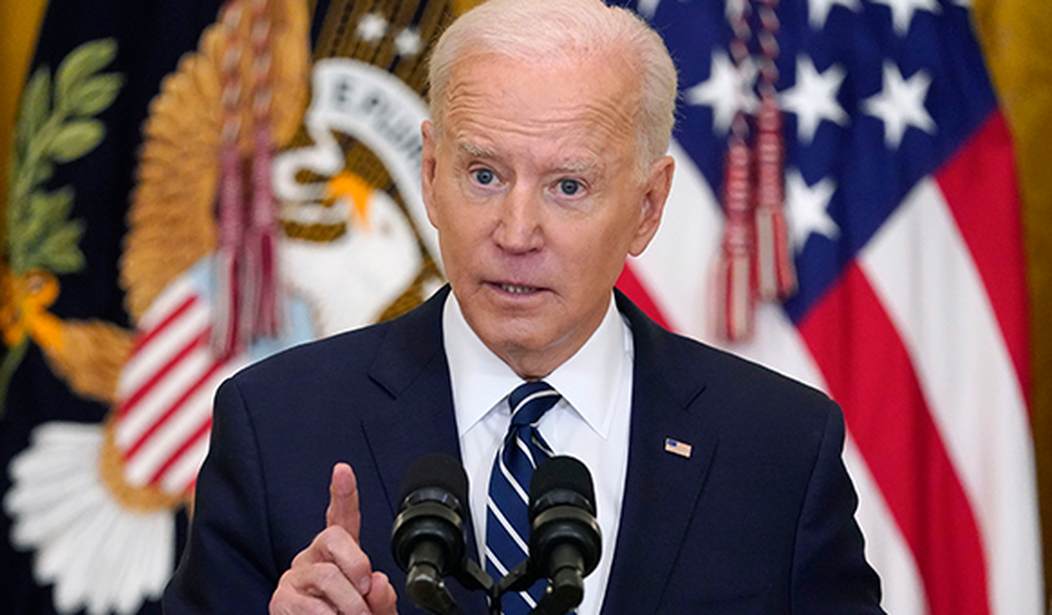The acrid atmosphere last week at the Captain Cook Hotel in Anchorage, Alaska, with its vivid murals of the 18th-century British seafarer James Cook's discoveries throughout the Pacific, sounds very much like the acrid atmosphere almost exactly 60 years ago in the Beaux-Arts American and Soviet embassies in Vienna: grim, at least for the United States.
Vienna was where the 42-year-old President John Kennedy met the 67-year-old Soviet leader Nikita Khrushchev, who, as Kennedy, told The New York Times' James Reston immediately afterward, "beat the hell" out of him.
We don't know whether Secretary of State Antony Blinken and national security adviser Jake Sullivan felt the same way about their treatment by their Chinese counterparts, Foreign Secretary Wang Yi and foreign affairs chief Yang Jiechi. But they had reason to.
Blinken, limiting himself to an agreed-on two minutes, started off by extolling "the rules-based international order" touted by the administrations of Presidents Clinton, Bush and Obama, and lamented recent Chinese actions in Xinjiang, Hong Kong and Taiwan.
Yang took 15 minutes to demand that the U.S. "fully abandon the hegemonic practice of willfully interfering in China's internal affairs" and said China believed in "the United Nations-centered international system," not "the rules-based international order ... advocated by a small number of countries."
Moreover, Yang said: "the challenges facing the United States in human rights are deep-seated. They did not just emerge over the past four years, such as Black Lives Matter." China's communists turned the Biden Democrats' cheap-shot attacks on former President Trump's and Republicans' "systemic racism" and "white supremacy" against America itself.
Recommended
"Many people within the United States," Yang went on, apparently aware that Joe Biden hasn't enjoyed the usual new president's honeymoon in the polls, "actually have little confidence in the democracy of the United States."
There was no question about Yang's contempt. "The United States does not have the qualification to say that it wants to speak to China from a position of strength," he said.
That is dangerous stuff. In Vienna, Kennedy was appalled by Khrushchev's threats to block the United States from West Berlin and his insouciance about nuclear war. In Anchorage, Blinken and Sullivan showed awareness of China's ruthlessness in Xinjiang, its breaking treaty obligations and its stamping out political opposition in Hong Kong. But both are done deals.
Looking ahead, their foremost concern is whether China is bent on absorbing Taiwan, "an inalienable part of China's territory," Yang insisted. The U.S. has agreed to recognize that view ever since Henry Kissinger laid the groundwork for Richard Nixon's landmark 1972 visit to China.
But under the 1979 Taiwan Relations Act of 1979, we've provided military aid and cheered on Taiwan's transition to political democracy and its enormous economic growth symbolized by its near monopoly in high-tech semiconductor manufacturing.
Now Taiwan's separate existence seems threatened by China's increasing military strength and open rejection of rules-based order. British historian Niall Ferguson sees a Chinese military attack on Taiwan as possible, quite possibly successful and, if so, hugely consequential. "Losing -- or not even fighting for -- Taiwan would be seen all over Asia as the end of American predominance in the region we now call the 'Indo-Pacific,'" he says.
The Biden administration, like the Trump administration, seems to be trying to prevent this. Before the Anchorage meeting, Blinken and Defense Secretary Lloyd Austin met with counterparts in Japan and South Korea, and afterward, Austin went on to India. The prospects for "Four Partner" -- U.S., Japan, India, Australia -- cooperation to cabin in China seem good. Britain, perhaps chastened by the crumpling of its Hong Kong agreement with China, pledges in its Integrated Review of Security, Defence, Development and Foreign Policy to be "the European partner with the broadest and most integrated presence in the Indo-Pacific."
One question now is whether the Biden administration will follow up on the Pacific Deterrence Initiative passed by Congress and signed by Trump last December. As Elbridge Colby and Walter Slocombe, Pentagon appointees in the Trump and Clinton administrations, respectively, write, "The United States needs to establish an effective forward defense that can, alongside the efforts of its allies and partners, blunt any Chinese attack on an ally or Taiwan" -- a $20 billion-plus enterprise.
That's not a small change, especially in a country with two distrusting political parties, both with strong pulls toward isolationism. But the alternatives are grimmer. All-out war over Taiwan would have horrifying human and economic costs. Looking on while China conquers 24 million people would be, as Ferguson writes, "the American Suez," an abdication of hard and soft power in the 2,500-mile radius Valeriepieris circle centered on the South China Sea, where half the world's people live.
American public opinion over the last five years has turned bipartisanly critical of China. But can a hyperpartisan administration firm up the bipartisan support needed for a credible policy of deterrence against Chinese aggression against Taiwan?

























Join the conversation as a VIP Member